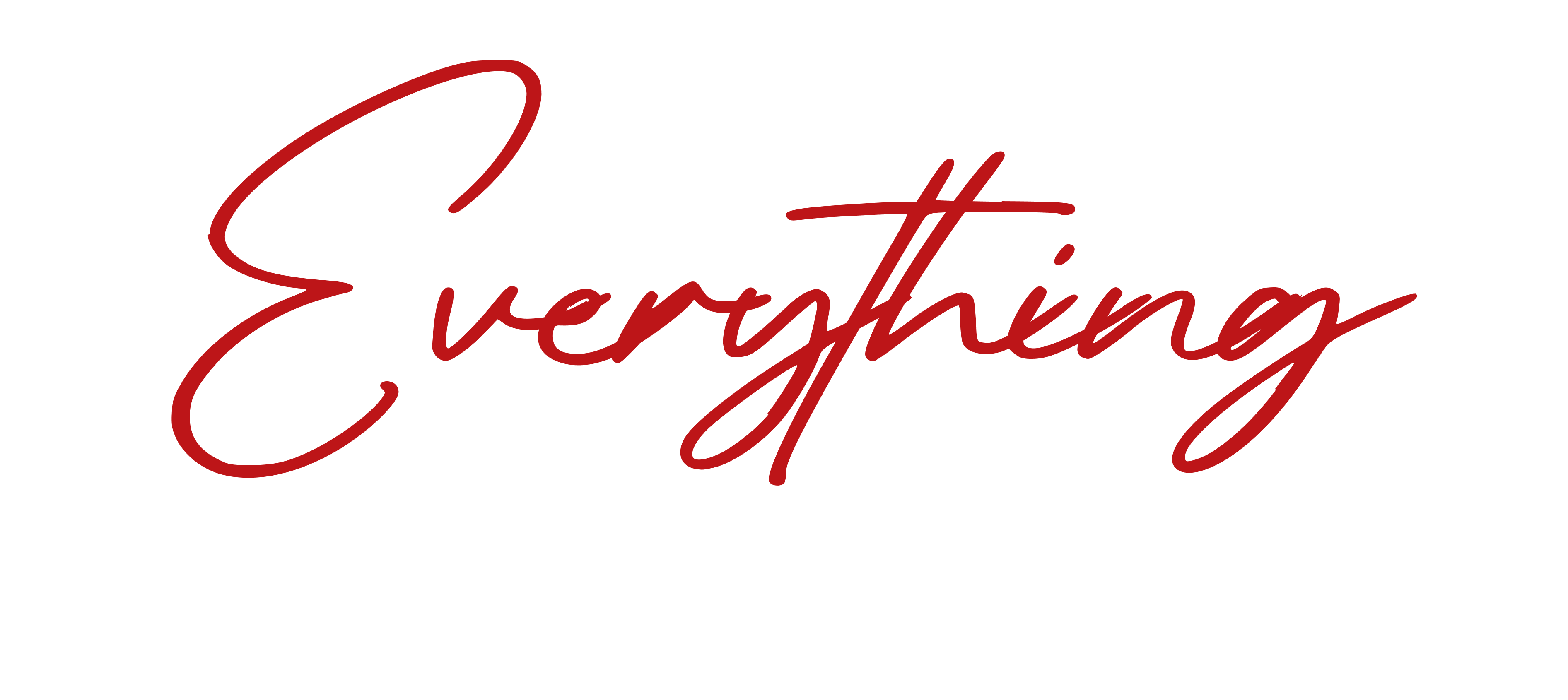
I'm your love,
I'm you funk,
I'm your everything
There is no outside. There is no other world to which we might appeal. No transcendent sphere in which images and sounds might be judged from a position of pure truth. There is only this world, this single, infinite field of relations within which all things arise, transform, and dissolve.
In this field, we find the flow of matter and mind, of sensation and structure. We find perception, affect, attention and desire. And we find entertainment not as an external corruption of this field, nor as a recent cultural aberration, but as a mode of life, a form of becoming, fully immanent to the world.
Entertainment is not a spectacle beyond nature. It is not an artificial distortion of authentic experience. It is a pattern of being. An emergent property of the capacities of bodies and minds to affect and be affected. A crystallization of the flows that shape subjectivity.
From this perspective, an Ethics of Entertainment can begin. But it must begin with a recognition: that the objects and phenomena we call entertainment are not to be placed in a separate category from life itself. They are life. They participate in the same flows of matter, energy, attention, and affect as any other human or natural activity.
To speak of EVERYTHING here is not to invoke the totality of objects. It is to invoke the totality of relations. The immanent fabric of being in which entertainment emerges and circulates. A song is not a discrete thing. It is a node in a network of affects, memories, and bodily resonances. A film is not an isolated artwork. It is a perceptual machine operating within a dense ecology of technological systems, social rituals, and libidinal economies.
Every act of entertainment, from the flick of a screen to the slow unfolding of a symphony, modulates the flows of affect that constitute the subject. Entertainment sculpts time, tunes attention, organizes perception. It engineers desire, reconfigures the rhythms of the body and the circuits of memory.
This is not to say that entertainment is inherently manipulative or malign but to say that it is potent. That it participates in the ongoing modulation of the self and its capacities. And that therefore it is an object of ethical inquiry.
But the ethical inquiry proposed here is not one of condemnation. It is not a moralistic denunciation of certain forms of entertainment in favor of others. It is an inquiry into how entertainment operates as a mode of life and into how different configurations of entertainment can either expand or contract our power to think, to feel, to act.
This requires a philosophy of affects. A philosophy that understands the subject not as an autonomous, rational agent standing above the world, but as an assemblage of capacities shaped by its encounters with other bodies and forces. In this view, entertainment is not a passive experience imposed upon a stable self. It is an active field of relations through which the self is continually composed and decomposed.
The playlist, the feed, the loop, the viral meme: these are not trivial distractions. They are affective architectures. They shape the flow of time. They inscribe rhythms in the nervous system. They direct the movements of attention. They generate patterns of longing, fascination, and identification that bind the subject to particular circuits of repetition.
Every form of entertainment, from the most ephemeral video to the most enduring work of art, participates in this dynamic. None is neutral. None is external to the field of Everything.
To listen to a song, to watch a film, to scroll a feed, is to enter into a regime of affects. A regime that can be more or less open, more or less closed. That can foster more or less degrees of freedom. The ethical question is not whether we should or should not engage with entertainment, but what forms of engagement foster our capacity to compose richer, more joyful, more lucid forms of life.
EVERYTHING is the point of departure for this inquiry because it refuses the comfort of separation. It affirms that entertainment is of the world. That it is an expression of the same forces that give rise to nature, to culture, to thought itself.
To hear EVERYTHING is to enter this field without distance. To experience entertainment not as an external object to be judged, but as a flow to be inhabited and transformed.
The track itself is not a representation of this concept. It is an enactment. A sonic field in which the listener participates. There is no vantage point from which to observe. No critical distance to maintain. There is only the flow. The immanent becoming of sound and affect.
From this point, the Ethics of Entertainment unfolds. Through the dynamics of attention and spectacle. Through the architectures of memory and time. Through the inscriptions upon the body and its images. Through the networks of fame and simulation. Toward the possibility of freedom and joy.
But it begins here. In the field. In the flow. In EVERYTHING.
Last version September 2025


